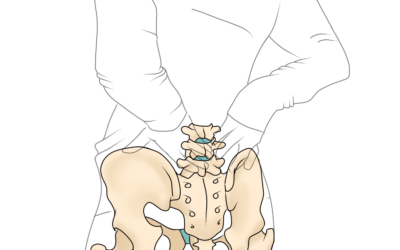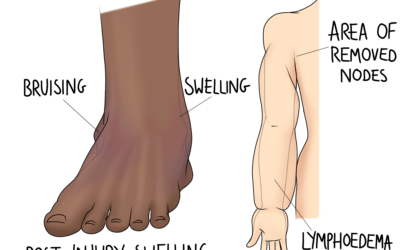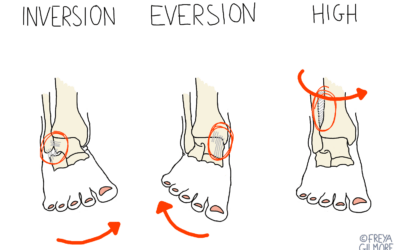What is Cholesterol?
Cholesterol is made mainly by the liver and is a fatty substance that’s vital for normal bodily functions. Cholesterol can also be found in some foods and having high cholesterol levels can lead to more serious health conditions. High levels of cholesterol can cause a build-up in the artery walls and restrict blood flow around the body and to vital organs. Having high overall levels of cholesterol can increase the risk of:
- Heart attacks
- Strokes
- Transient Ischaemic Attack (TIA) – sometimes referred to as a mini-stroke.
- Peripheral Arterial Disease (PAD)
What Causes High Cholesterol?
High cholesterol can be caused by a number of things, usually, these are lifestyle choices that can be rectified in order to reduce your cholesterol levels.
- Unhealthy Diet – Eating lots of saturated fats can increase cholesterol levels.
- High Blood Pressure – People who suffer from high blood pressure, should be mindful of their cholesterol levels.
- Smoking – Cigarettes contain a chemical that stops the movement of cholesterol from fatty deposits to the liver.
Good and Bad Cholesterol
Cholesterol is carried in the arteries attached to proteins called lipoproteins. There is a good type and a bad type of lipoproteins. The good type is called: High-density lipoprotein (HDL) and the bad type is called low-density lipoprotein (LDL). HDL (the good type) helps collect the bad type of cholesterol from the arteries as it travels around your body and dispenses the LDL in the liver to be broken down. Often, if you’re diagnosed as having high cholesterol, the main goal is to lower the LDL levels and raise the HDL levels in order to improve your total cholesterol level.
How to Naturally Reduce Cholesterol Levels
-
Eat Beans
Beans are full of soluble fibre, and this soluble fibre helps bind cholesterol and drags them out of the body. Beans can take a while to be digested in the body as well, meaning you’ll feel fuller for longer, which leads us onto our next point:
-
Lose Weight
Losing weight can be beneficial for your overall health, but according to one study, weight loss on any of the three diets tested increased the absorption of cholesterol and thus decreasing the risk of heart disease.
-
Drink Alcohol In Moderation
We’ve discussed the benefits of tequila, and beer before and with everything in life, moderation is key. Drinking in moderation has been linked to higher levels of HDL cholesterol. HDL cholesterol is often called “good cholesterol” because it removes the bad cholesterol from places in your body that it shouldn’t be.
-
Fatty Fish
Omega-3 is often found in high levels in fatty fish, this acid can help reduce the risk of blood clots and reduce your blood pressure. While Omega-3 fatty acids might not affect your LDL cholesterol levels, the British Heart Foundation recommends eating at least two portions of fish each week.
-
Quit Smoking
We all know smoking is bad for you in lots of different ways, but did you know it can affect your cholesterol levels? Smoking cigarettes can increase the level of LDL cholesterol (the bad type), and over time can cause a waxy plaque to build up in your arteries making it harder for your heart to push blood around your body. If you’re struggling to stop smoking, get in touch with one of our hypnotherapists.
-
Exercise More
Regular exercise has so many benefits for your health, but it’s also a great way to lower your LDL levels and raising your HDL levels. In order to lower your LDL levels, you must combine exercise with a healthy diet and weight loss. Some studies have shown that aerobic exercises seem to lower LDL cholesterol levels by 5-10% and raising HDL cholesterol levels by as much as 3-6%. Struggling to find time to exercise? Try exercising while doing the housework
-
Nuts!
Nuts such as almonds can help improve your blood cholesterol and while they’re high in calories, a small portion as a snack or in a salad can have a positive impact on your heart health. Contact one of our nutritionists’ for advice and a full nutritional diet plan.



0 Comments